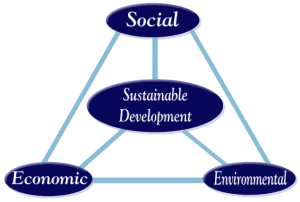What is the difference between relief and development?
The way we help those in need often falls into one of two main categories:
Relief & Development
Within these categories, there are many different areas of focus, like maternal health, water, micro-finance, hunger, literacy, nutrition, and education. Each of these needs can be addressed in a way that focuses on either relief or development.
Relief can be defined as the “The alleviation of pain, discomfort, or distress.” Following natural or environmental disasters such as hurricanes, floods, earthquakes, and droughts, or human disasters such as political instability and wars, individuals and communities are often unable of meeting their immediate needs and require relief as soon as possible. Relief work might look like sending food and blankets after an earthquake. They are a response to a temporary calamity, helping to stop death and suffering and bring people from disaster mode to recovery mode.
Although these efforts sometimes last longer, most relief work is done in weeks or months. Relief work is essential to meet the immediate needs of individuals and communities.
Development focuses on the long-term process whereby individuals and communities sustainably improve their quality of life. It is the work to meet the foreseen needs Development can be defined as: “The process of economic and social transformation that is based on complex cultural and environmental factors and their interactions.” The solutions employed in development projects almost always include training, education, participation, and long-term planning.
Rather than focusing on quick responses to crises, development programs last years and improvement often, as well, takes years to see. This work is essential to sustainably transforming a community.
The Bouassa project is a Sustainable Development project. We are not working to meet an immediate need but we need to see something that starts today and the effects can be seen for generations to come. The development aspects of the Bouassa project will affect communities and regional actors to ensure universal access to water, sanitation, and hygiene education. Sustainability in Africa can only come through job creation and the respect of the indigenous practices and cultures.
The Bouassa project is at the core, a well water project but with the other aspects (sanitation, vegetable gardens and chicken breeding) will make the water well self-sufficient and in other words: sustainable. It will also create a few jobs that will change the community!
Please join us in our fight to see the Bouassa project no longer a “project” but the Bouassa well!
Because we still believe….
THE SOLUTION:
ONE WELL PER VILLAGE:
We believe people, not water, can change everything! When you sponsor Well Drilling Project in Burkina Faso, Africa you’ll unlock the potential of an entire community! #Burkina


